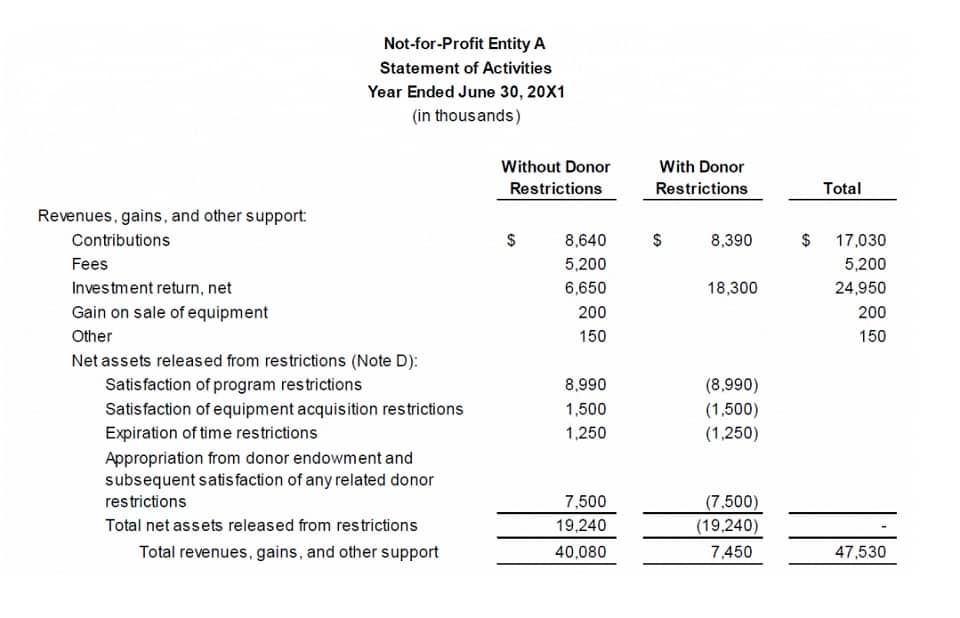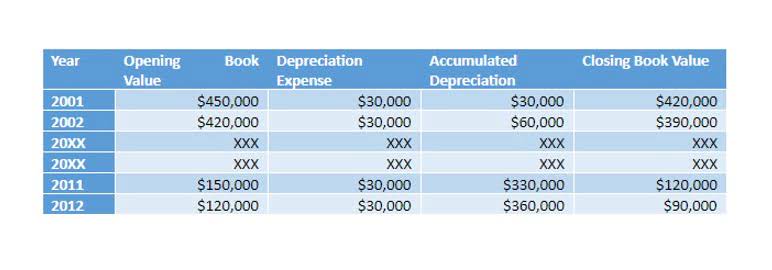
When clients pay a retainer fee, they can have peace of mind knowing that their lawyer is committed to their case. In other scenarios, a “retainer” can also refer to an agreement where a specific lawyer remains on call for the same client over a period of time. In these cases, the retainer fee is simply paid to the attorney to be able to call upon the attorney at any time for legal services. In general, this type of retainer agreement is utilized in a corporate business setting. You may be able to get a lawyer retainer returned to you, depending on the circumstances.
New Year, New Goals: 12 Realistic New Year Resolutions for Lawyers in 2025
Before you hire an attorney for your business, you need to know how attorneys get paid and how attorney retainer agreements work. Retainer fees are typically held in a separate trust account, especially for security retainers, and are used to cover future legal work. If the retainer is depleted before the case or service is complete, the client may need to replenish it. This process of replenishing the retainer ensures that the lawyer can continue to provide services without interruption. If there are any unused funds at the end of the legal matter, they are usually refunded to the client unless specified otherwise in the agreement.
Misunderstanding Retainer as Prepaid Legal Services

This structure allows you to set a budget while ensuring the attorney is compensated for the work they engage in. You should always monitor the balance of your retainer and have discussions with your lawyer about replenishing it if it gets low, to avoid interruptions in service. A structured retainer agreement can lead to significant advantages in your legal processes. Not only does it guarantee availability and prioritized attention, but it also helps establish an ongoing professional relationship. In many cases, having a specific retainer in place allows you to navigate your legal challenges with confidence, knowing you have pre-paid expert support when you need it. Many retainer fee agreements contain a clause that asks the client to give up his right to a jury trial and to settle any claims between an attorney and a client by an arbitrator.
- To ensure the information and advice in this post are correct, sufficient, and appropriate for your situation, please consult a licensed attorney.
- Although they may not be for everyone, retainers can bring an array of powerful benefits to many clients and lawyers.
- The requirements of ORPC 1.5(c) do not contain everything that should be disclosed about a fee in the written agreement.
- It signals that the client is dedicated to pursuing the legal matter and values the lawyer’s services.
- It starts with gaining a solid understanding of each legal billing model.
All of the Essentials:

The lawyer bills their time and expenses against the retainer fee, and when it is depleted, Partnership Accounting the client may be required to replenish it. To streamline the retainer process and prevent trust account violations, legal billing software can ensure your law firm maximizes retainer agreements while upholding IOLTA compliance. Mishandling client funds, such as improperly using funds from a security retainer before services are rendered, can lead to disciplinary action from the state bar.

When you pay a security retainer, the money goes into a trust or an escrow account (this is sometimes called an IOLTA account, short for “interest on lawyer trust’ account). The money earns interest, but neither you nor your lawyer get the interest. The interest usually goes into a state charitable fund to pay for legal services for those who cannot afford them. A retainer fee is an amount of money paid upfront to secure the services of a consultant, freelancer, lawyer, or other professional.
- Not all of these provisions will be desirable in every practice, and I certainly have not included every conceivable provision.
- Implications of having a retainer in place extend beyond just financial commitments.
- Additionally, if clients feel compelled to continue with the same attorney despite a change in legal requirements, the retainer fee is typically non-refundable.
- Retainer fees can be calculated by estimating the hours needed to complete or maintain the project that the professional is hired for and multiplying it by their hourly rate.
- Depending on the agreement, a retainer may be billed hourly or for an entire project, and the specifics can vary based on the attorney’s expertise and the complexity of your case.
- It is important to note that if the attorney does not prevail in the case, then the client will often not be on the hook for their legal fees.
Then the fee may increase to up to 50% of the total recovery if the retainer fee case proceeds to trial. It is important to note that all parties involved should always sign the fee agreement. In fact, a fee agreement that both parties do not sign may not be enforceable against either party. Further, a signed copy of the fee agreement should be kept by both parties in case a legal dispute arises regarding the agreement. Reasonable efforts have been made by AdvisoryHQ to present accurate information, however all info is presented without warranty.
Choose a template that aligns with the type of services you are offering, such as legal, consulting, or freelance work. Defining the scope of services is essential to set clear expectations and avoid misunderstandings. This section should provide a detailed description of the work to be performed or the services to be rendered. “Larry” Saichek is an AV rated attorney and a CPA focusing on business and real estate transactions, corporate law and alternative dispute resolution. Many clients think of Larry as their outside “in house” counsel and a valued member of their team. Larry is also a Florida Supreme Court Certified Mediator and a qualified arbitrator with over 25 years of ADR experience.
Ways to Pay an Attorney
A retainer fee, in the context of hiring a criminal defense lawyer or any other type of attorney, is an upfront payment made by a client to secure the services of the lawyer. This fee trial balance is typically paid before the attorney begins working on a case and serves as a form of prepayment for the legal services that will be provided throughout the duration of the case. Retainer fees are essential for creating a clear and stable relationship between lawyers and clients. They offer peace of mind by setting financial expectations right from the start. For lawyers, having the average retainer fee in place means they are fairly compensated for their time and expertise while avoiding potential payment issues.



